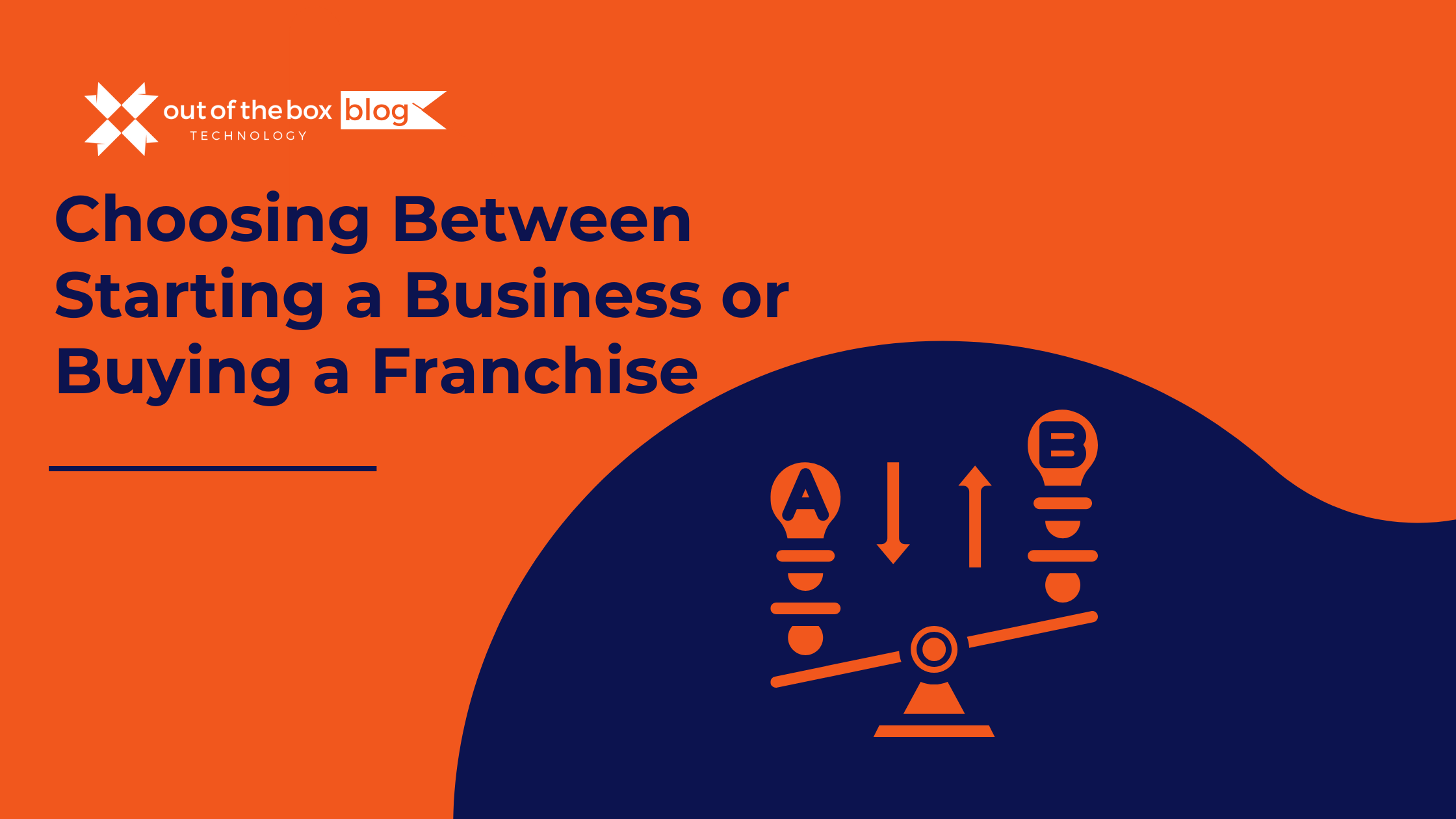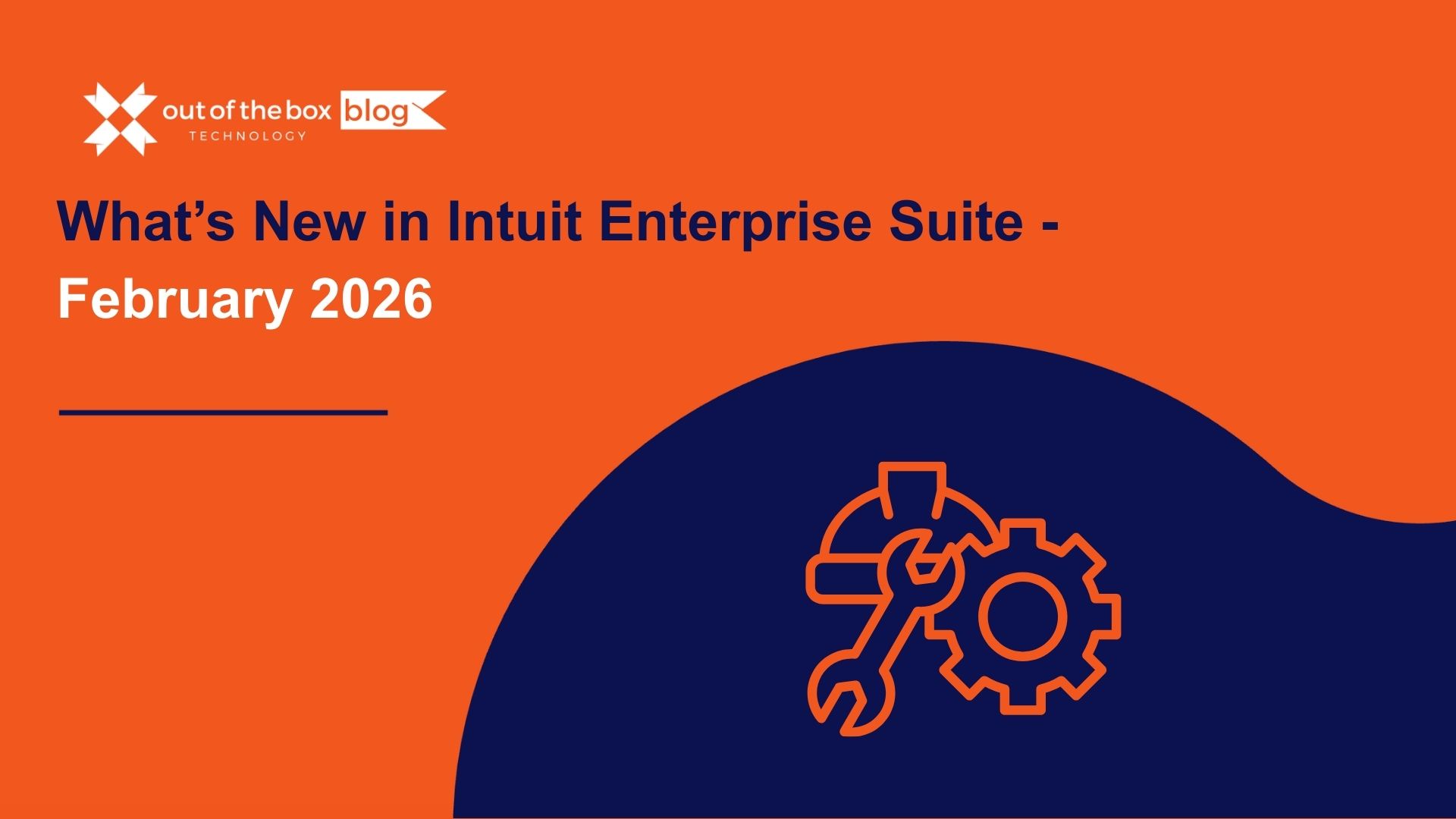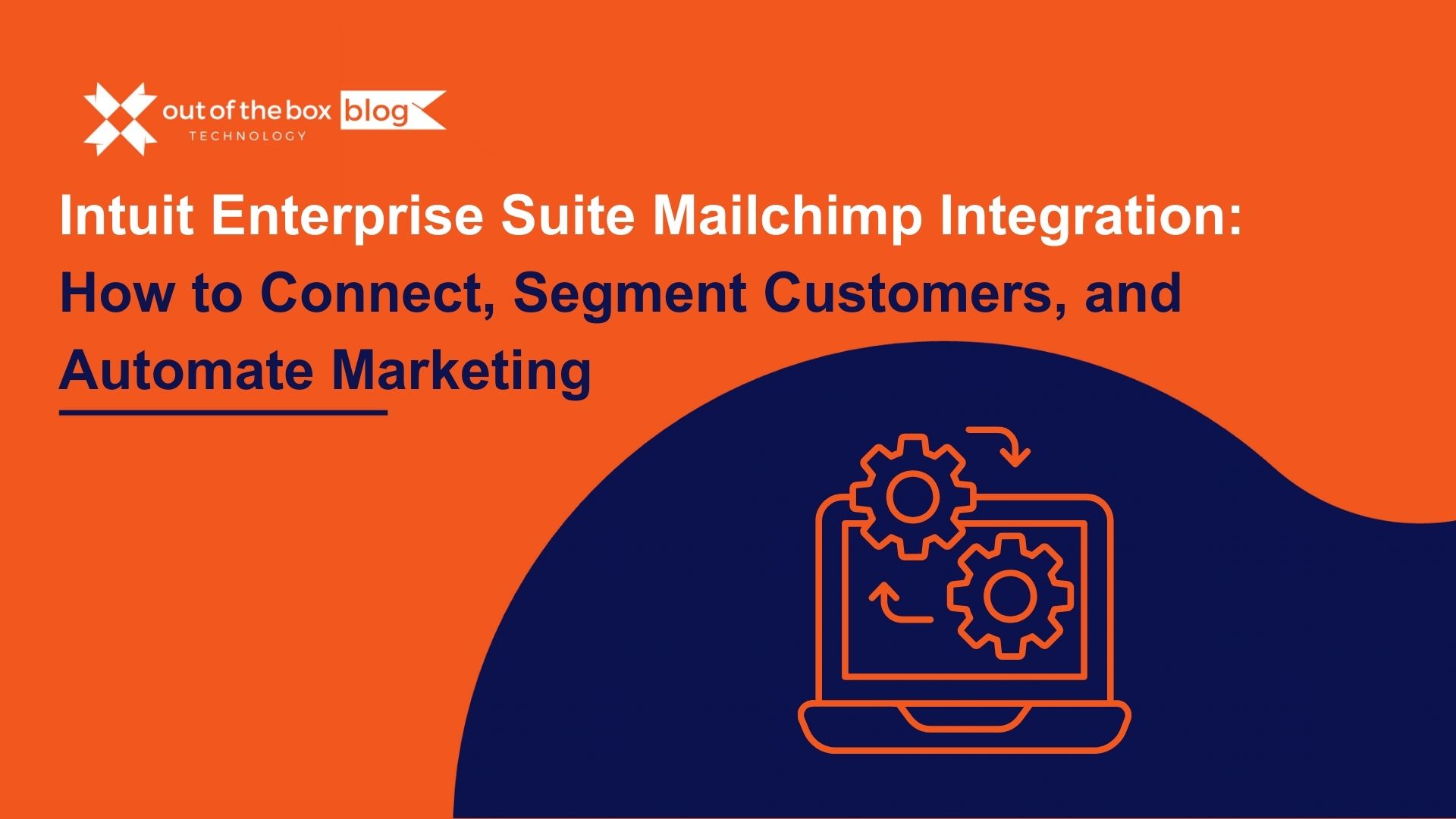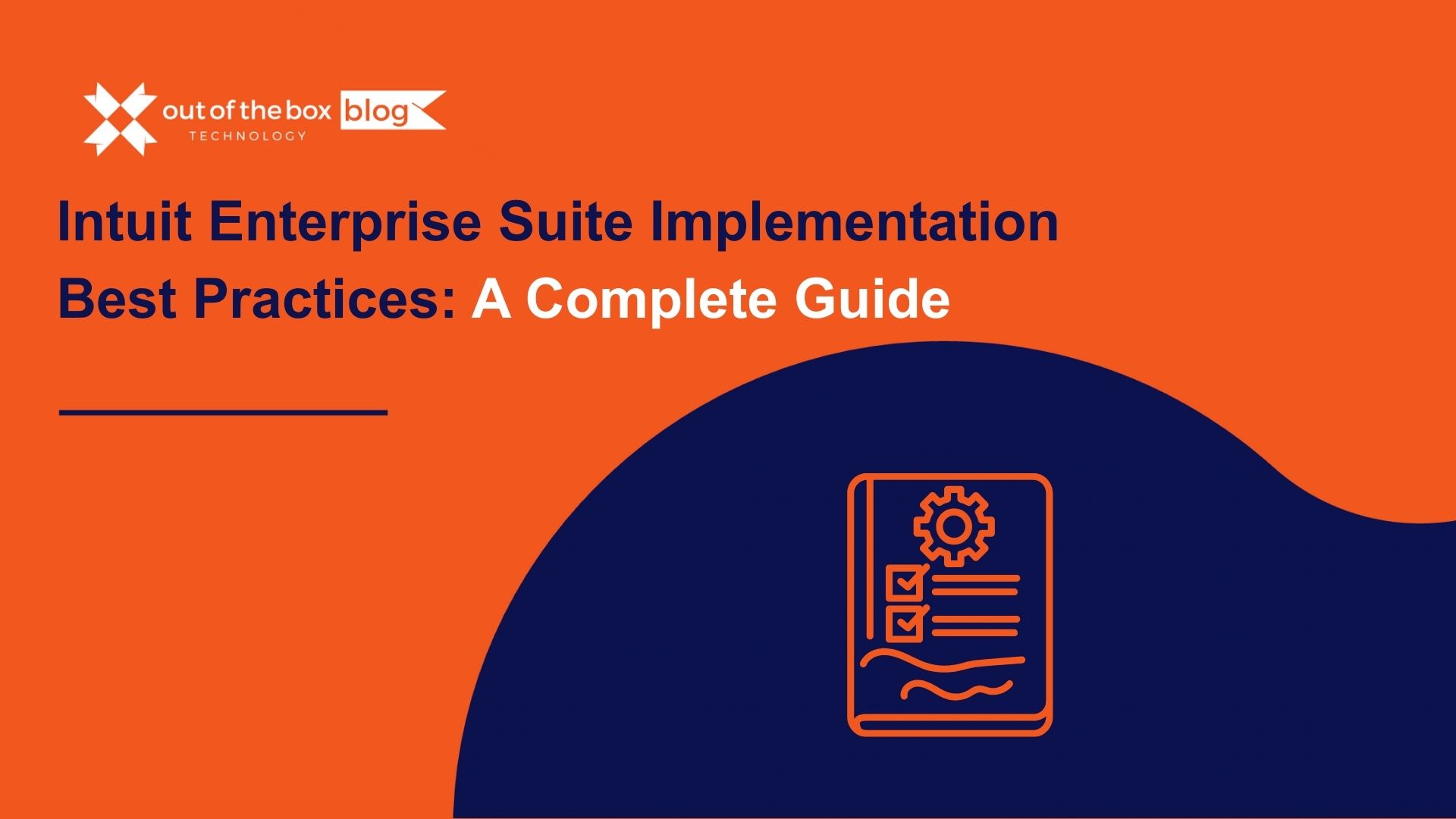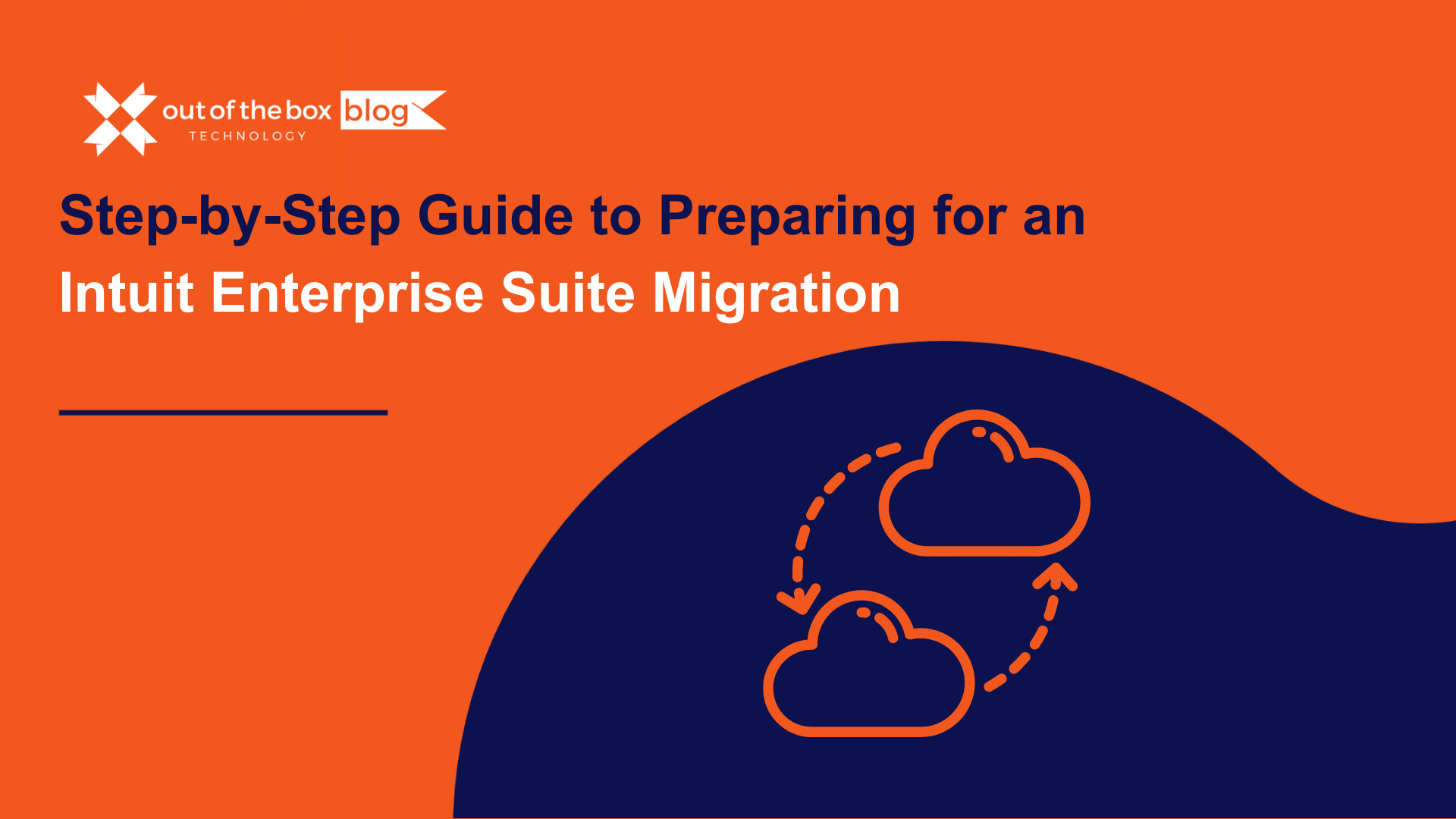Embarking on the entrepreneurial journey is a thrilling yet daunting prospect. Whether it’s nurturing a startup from the ground up or buying into a proven franchise model, each path offers distinct advantages and challenges. Before you make this life-altering decision, it’s crucial to weigh six key comparisons that could define your business future.
Buying a Franchise vs Starting a Business
1. Brand Recognition and Operational Framework
Franchises: When you opt for a franchise, you’re buying into a pre-established brand with a tried-and-tested operational blueprint. This can lead to faster profitability and less initial time investment in setting up processes. However, this comes at the cost of reduced autonomy, particularly in product choices and marketing strategies.
Startups: In contrast, starting your own business from scratch offers complete creative control. You have the freedom to build your brand and operational systems exactly the way you envision them. This freedom, however, means a longer road to market recognition and the need to develop all your processes independently.
2. Financial and Marketing Considerations
Franchises: Franchises often come with a higher initial investment, but this can be offset by the existing brand’s market presence and franchisor support in marketing and operational setups.
Startups: For startups, the initial financial burden may be less, but the long-term costs of building a brand and marketing from the ground up can be significant. Without the cushion of an established brand, startups may face greater challenges in securing funding and attracting customers.
3. Research and Development
Franchises: In a franchise, the product or service has already been developed and tested, reducing the need for extensive R&D. However, this also limits the scope for innovation within the franchise.
Startups: Startups thrive on innovation and are often born out of unique ideas or unmet market needs. This necessitates a substantial investment in R&D but allows for greater flexibility and the potential to introduce something new and disruptive to the market.
4. Staffing and Training
Franchises: Training programs and staffing guidelines are typically provided by the franchisor, ensuring a uniform standard across the franchise network. This can significantly ease the burden of training new employees.
Startups: In a startup, you’re on your own to develop training programs and hiring processes. This offers more control but requires a greater investment of time and resources to develop effective systems.
5. Peer Support and Networking
Franchises: Franchisees benefit from a network of peers who can offer advice and support. This network can be invaluable for sharing best practices and overcoming common challenges.
Startups: As a startup owner, your network is what you make of it. While this means building from scratch, it also offers the opportunity to create a diverse network tailored to your specific business needs.
6. Personal Goals and Preferences
Ultimately, the choice between starting your own business or buying a franchise boils down to personal goals and preferences. Do you value creative freedom and control above all else? Or do you prefer a model with established systems and a support network? Your answers to these questions will guide your decision.
Summary
Both startups and franchises offer unique paths to business ownership, each with its own set of rewards and challenges. Understanding these key differences and introspecting on your personal aspirations and risk tolerance will help you make a well-informed decision. Whether you choose the creative autonomy of a startup or the structured support of a franchise, your entrepreneurial journey promises to be a fulfilling adventure.
Schedule a complimentary QuickBooks data file review today for a quick and easy QuickBooks health check.
